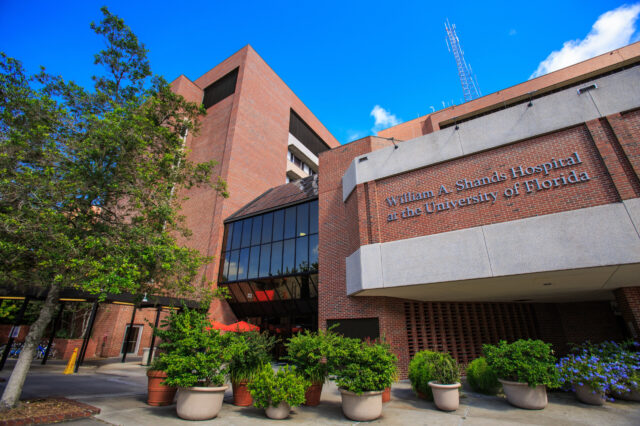STOMP Gainesville
A5418 is a randomized, placebo-controlled, double-blind study to establish the efficacy of tecovirimat for the treatment of people with laboratory-confirmed or presumptive HMPXV disease.
- Investigator
- Nicole M Iovine
- Status
- Accepting Candidates
- Ages
- N/A - N/A
- Sexes
- All
Phase 2 Study of CAL02 plus Standard of Care in Severe Community-Acquired Bacterial Pneumonia (SCABP
This is a placebo-controlled study to evaluate the addition of CAL02 to standard of care in treating hospitalized subjects diagnosed with severe community acquired bacterial pneumonia (SCABP) requiring critical care measures
- Investigator
- Nicole M Iovine
- Status
- Accepting Candidates
- Ages
- 18 Years - N/A
- Sexes
- All
Study of Obeldesivir in Children and Adolescents With COVID-19
The goal of this clinical study is to learn more about the safety and tolerability of obeldesivir (ODV) in children and adolescents with coronavirus disease 2019 (COVID-19).
The primary objectives are to evaluate the plasma pharmacokinetics (PK),…
- Investigator
- Nicole M Iovine
- Status
- Accepting Candidates
- Ages
- N/A - 18 Years
- Sexes
- All



